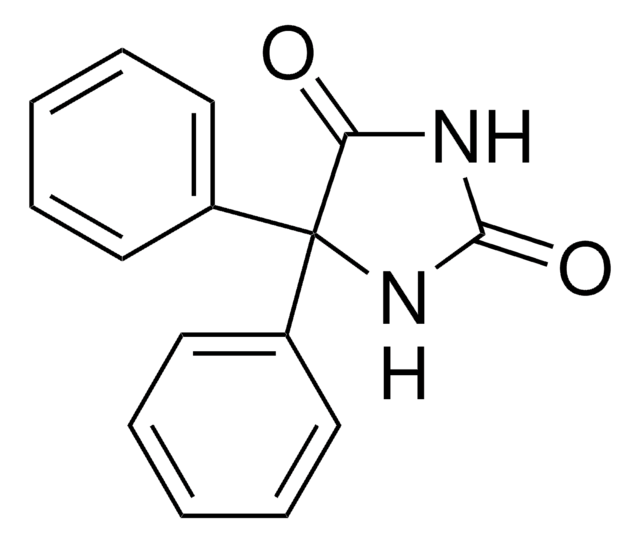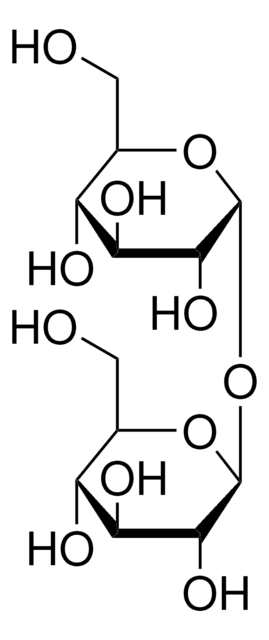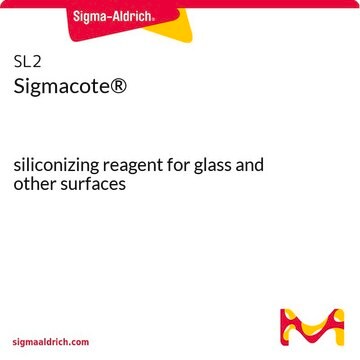T0656
1,3,4,6-Tetrachloro-3α,6α-diphenylglycouril
Synonym(s):
Iodo-Gen®, NSC 4462
About This Item
Recommended Products
storage temp.
2-8°C
Quality Level
SMILES string
ClN1C(=O)N(Cl)C2(N(Cl)C(=O)N(Cl)C12c3ccccc3)c4ccccc4
InChI
1S/C16H10Cl4N4O2/c17-21-13(25)23(19)16(12-9-5-2-6-10-12)15(21,11-7-3-1-4-8-11)22(18)14(26)24(16)20/h1-10H
InChI key
FJQZXCPWAGYPSD-UHFFFAOYSA-N
Looking for similar products? Visit Product Comparison Guide
Related Categories
Application
Reagent involved in comparison studies with chloramine-T
Reagent used for oxidation of urazoles
Legal Information
Signal Word
Warning
Hazard Statements
Precautionary Statements
Hazard Classifications
Eye Irrit. 2 - Skin Irrit. 2 - STOT SE 3
Target Organs
Respiratory system
Storage Class Code
11 - Combustible Solids
WGK
WGK 3
Flash Point(F)
Not applicable
Flash Point(C)
Not applicable
Personal Protective Equipment
Choose from one of the most recent versions:
Certificates of Analysis (COA)
Don't see the Right Version?
If you require a particular version, you can look up a specific certificate by the Lot or Batch number.
Already Own This Product?
Find documentation for the products that you have recently purchased in the Document Library.
Our team of scientists has experience in all areas of research including Life Science, Material Science, Chemical Synthesis, Chromatography, Analytical and many others.
Contact Technical Service





![6-Amino-2-[bis(carboxymethyl)amino]hexanoic acid](/deepweb/assets/sigmaaldrich/product/structures/296/586/23c9423a-18d4-4c77-a438-b818ddf93bef/640/23c9423a-18d4-4c77-a438-b818ddf93bef.png)


